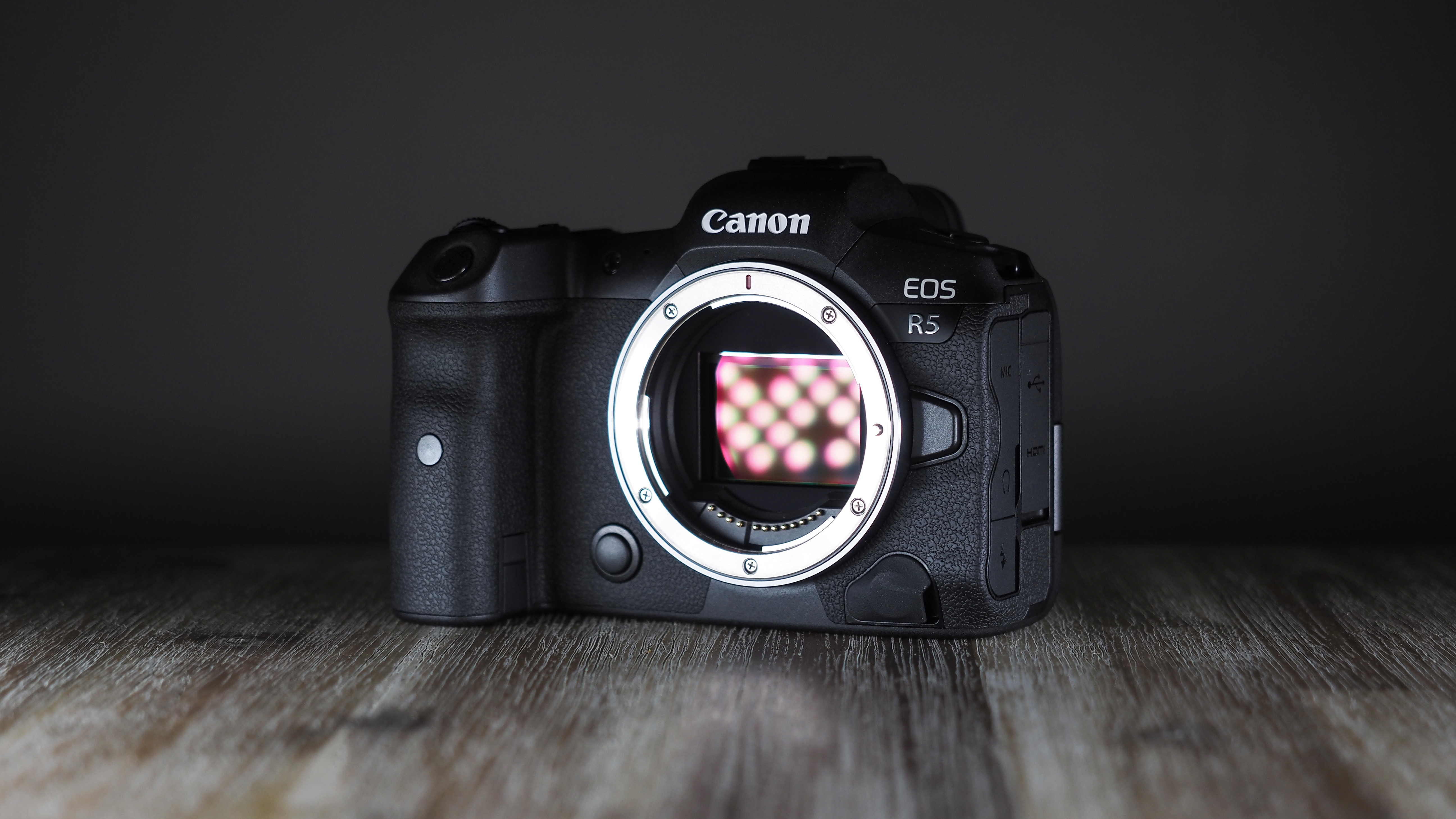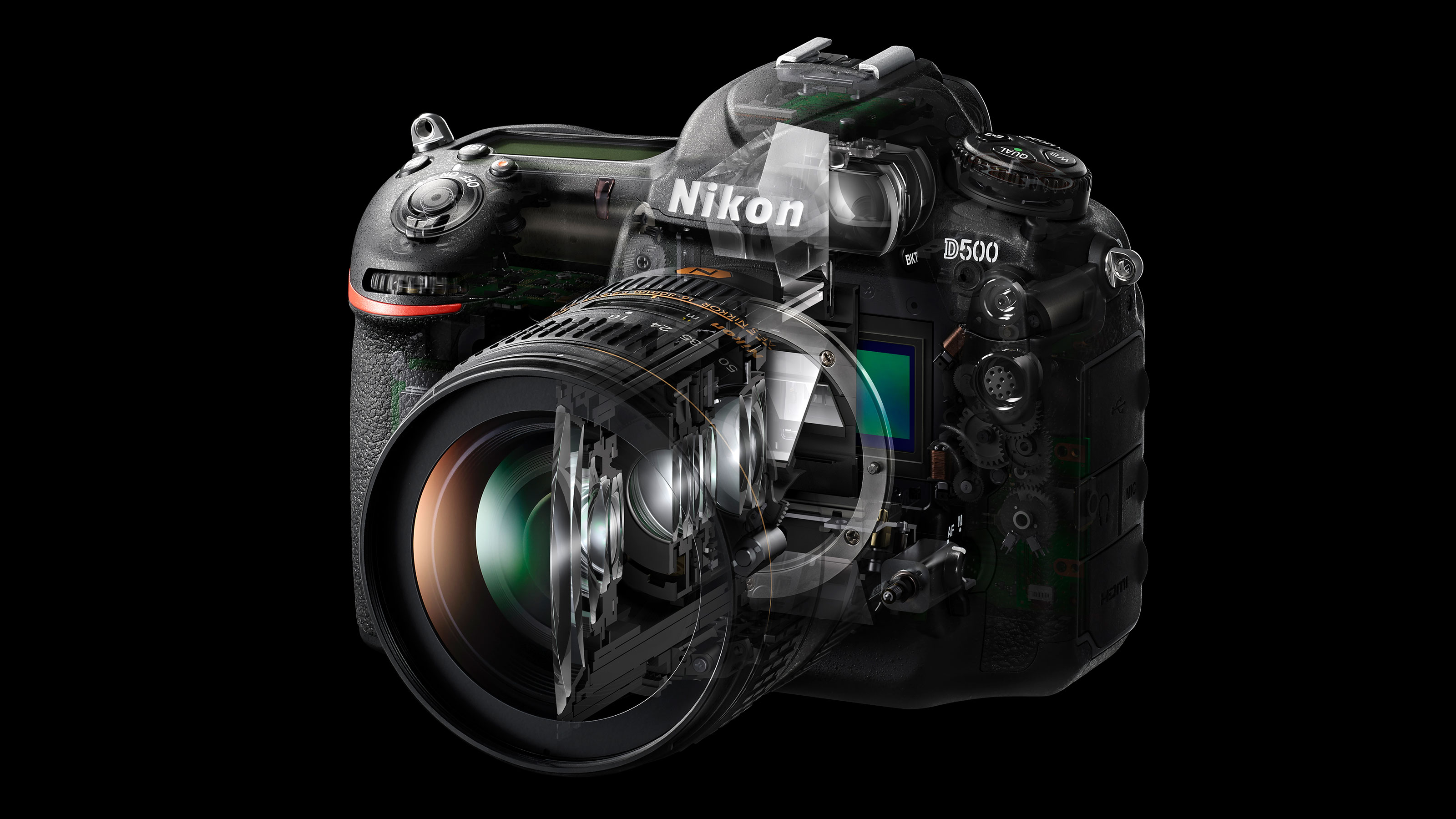The average camera price has tripled in the last 10 years, but why?
Since 2012 the price of the average interchangeable lens camera has tripled, as manufacturers focus on high-end models

The best camera deals, reviews, product advice, and unmissable photography news, direct to your inbox!
You are now subscribed
Your newsletter sign-up was successful
The price of the average interchangeable lens camera has reportedly tripled in the last ten years. According to a report by SankeiBiz x iza – via Mirrorless Rumors – in Japan, the average price for an interchangeable lens camera has increased by 200% to ¥92,000.
However, you should take this news with a grain of salt. The word average is very key here. What the average camera looks like today has changed considerably over the last ten years.
Camera sales globally have fallen to one-tenth of the rate in 2012, with most pointing the blame for this firmly on the rise of the best camera phone eclipsing the lower end of the digital camera market. Ten years ago, almost all manufacturers were still making a lot of affordable entry-level interchangeable lens cameras. These were by and large cheap and sold in huge numbers as, for the first time, they allowed people to get quality photos in a small easy-to-use, and affordable device.
The law of averages comes into play here, and when looking at the camera market as a whole, these lower-price cameras selling in big numbers skew the cost of an 'average' camera down considerably. Now fully in the smartphone generation, far fewer truly low-cost ICL cameras exist today on the market with camera manufacturers refocusing their efforts on top spec and luxury cameras, the one area where smartphones cannot reach (just yet anyway!).
The remaining entry-level ILC cameras (such as the Sony ZV-10) are aimed at content creation and high-quality live streaming, rather than run-and-gun everyday snapshots, so are never destined to be huge sellers.
For some perspective, let's compare two cameras. The Canon EOS 5D Mark III was Canon’s top-line professional DSLR camera, debuting in March 2012 for $3499/£2999. On July 30, 2020, its mirrorless successor was brought out in the form of the Canon EOS R5, with a starting price of $3,899/£4,199.
So this is actually only an increase of 11% in the US but a whopping 40% in the UK. In the UK according to the Office of National Statistics (ONS), inflation over the previous ten years is 39.56%, meaning everything costs roughly 1.4 times what it did in 2012, so this is actually about right. The inflation rate since 2012 in the USA is 29.8% (in2013dollars.com) so the price increase is actually under inflation.
The best camera deals, reviews, product advice, and unmissable photography news, direct to your inbox!
There are a number of contributory factors that are driving prices up across every industry. In technology, there has been a worldwide shortage of components over the last couple of years due to the COVID-19 pandemic causing shutdowns and travel disruption that significantly affected the global supply chain. There is also the added factor of recent energy price rises causing manufacturing to become more expensive as well as global transportation costs increasing due to fuel price increases.
The percentage of money spent on research and development costs is still the same as ten years ago, so a lower sales volume does mean that camera manufacturers have to earn more money per unit sale for their cameras to balance their books. Previously entry-level ICL cameras would use technology from previous generations, so would be able to have a very low development cost with huge profit margins. With the collapse of this market, inevitably manufacturers will charge higher prices to make up for the lost revenue.
So while the costs of cameras are definitely rising and due to the global economic headwinds we all face, will probably continue to do so, there is hope that the increase isn’t as dramatic as the headlines will have you believe. The real story is that with the collapse of the lower end of the ILC camera market, the ‘average’’ camera looks very different today from what it did in 2012.
Read our guide for the best cheap mirrorless camera, the best camera for beginners and the best camera for professionals.

Gareth is a photographer based in London, working as a freelance photographer and videographer for the past several years, having the privilege to shoot for some household names. With work focusing on fashion, portrait and lifestyle content creation, he has developed a range of skills covering everything from editorial shoots to social media videos. Outside of work, he has a personal passion for travel and nature photography, with a devotion to sustainability and environmental causes.
